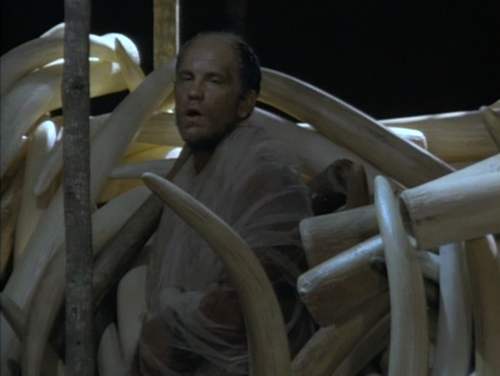


People relied on parties and balls to heighten a family’s reputation, wealth, and influence. For example, The Victorian Period was a social culture. In a strange, ironic, paradox kind of way, power never works in a way we think it does. Though the state was configured as a woman, since Queen Victoria was the most influential person at that time, the Victorian Period was a patriarchal society, where men were the only ones who could vote and possess property. They were thought to need protection for their purity and innocence. They were in the background and viewed as subordinates. During the Victorian Period, women had a very particular gender dynamic. Despite the story narrator’s – Marlow – disparaging comments about women, the latter display or represent a substantial amount of power and influence.

They may sometimes have been portrayed as dominant, in a protagonistic light, but most of the time women were simply depicted as submissive beings.Īlthough Joseph Conrad’s novella, Heart of Darkness, focuses on men’s role in colonization, several female characters appear throughout the book and play significant supporting roles. Nevertheless, when reflecting on the history of the world and literature, women have all too often been diminished to insignificant and demeaning roles. Over the past couple of centuries, and throughout the evolution of the Western civilization, women have been fighting for equal rights regardless of gender, and progress was achieved.


 0 kommentar(er)
0 kommentar(er)
